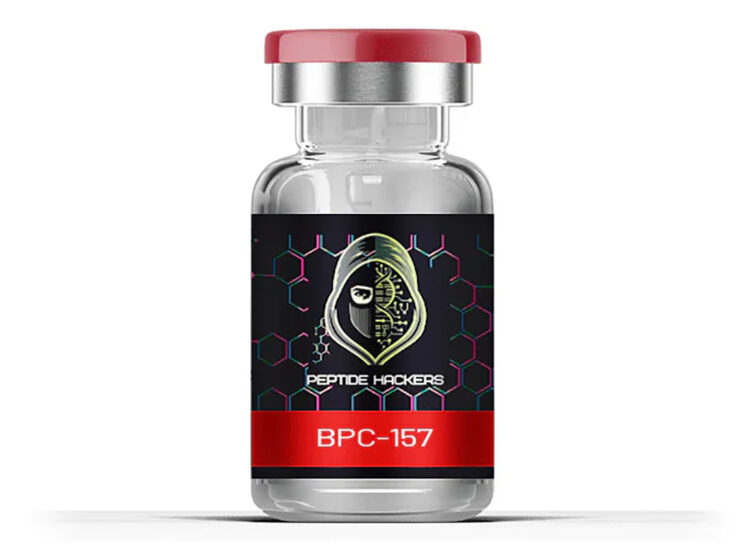Puberty: that dreaded time when your voice cracks, your skin revolts, and your body’s got a mind of its own. But behind all the chaos is kisspeptin—the tiny hormone mastermind pulling the strings. It’s the unsung hero (or villain, depending on how you look at it) of adolescence, kicking off the grand transformation into adulthood. You think puberty just happens? Not a chance. Without kisspeptin, we’d all be stuck in the land of awkward pre-teens forever.
Kisspeptin: The Unsung Hero (or Villain) of Puberty
Don’t let the cute name fool you; kisspeptin is the real deal in the puberty game. It’s the hormone that flips the puberty switch, firing up the whole process. Here’s the rundown: kisspeptin signals the hypothalamus to release GnRH (gonadotropin-releasing hormone), which then unleashes LH (luteinizing hormone) and FSH (follicle-stimulating hormone) like a pair of hormonal wrecking balls. The result? Boys start sprouting mustaches, girls get curves, and everyone’s got a ticket to acne-ville and awkward school dances.
But kisspeptin’s not just winging it. It’s a calculated operator, taking genetic, nutritional, and environmental factors into account before starting the puberty party. It’s like the bouncer at a club, checking IDs before letting anyone into the wild ride of adolescence, making sure your body’s ready for the big show.
When Kisspeptin Goes Rogue: Early and Delayed Puberty
Sometimes, kisspeptin goes rogue, and that’s when puberty problems hit. Precocious puberty? That’s kisspeptin kicking things off way too early, like showing up to a party before the lights are even on. It’s not just awkward timing—it’s a full-blown hormonal mishap, often triggered by genetic mutations in the KISS1 or KISS1R genes. Suddenly, kids are developing adult features way ahead of schedule, throwing everyone off balance.
Then there’s delayed puberty, where kisspeptin’s MIA. It’s like waiting for a bus that never arrives, while all your friends are speeding ahead. This can happen due to genetic glitches that mess up kisspeptin’s signals, leaving kids stuck in pre-teen limbo when they should be hitting the gas. Beyond the obvious frustrations, delayed puberty can impact growth, bone health, and self-esteem, setting the stage for long-term challenges.
The Fallout of Puberty Gone Wrong
Puberty isn’t just an awkward phase—it’s a critical turning point. When kisspeptin messes with the timing, it’s not just your teen years that suffer; there are lifelong consequences. Early puberty is linked to metabolic disorders, heart problems, and a whole lot of emotional baggage. Girls hitting puberty too soon often struggle with body image, depression, and anxiety, while boys face their own set of emotional ups and downs.
Delayed puberty brings its own issues: stunted growth, weak bones, and even fertility challenges. And let’s not forget the social impact—being the last to grow can be a serious confidence killer. For these kids, the psychological toll can be just as heavy as the physical setbacks.
The Future of Puberty Control: Hacking Kisspeptin
But here’s the wild part: scientists are working on ways to hack kisspeptin and control puberty’s start like setting an alarm clock. Using kisspeptin antagonists to pump the brakes on early puberty or agonists to kickstart delayed puberty, researchers are aiming to fix the timing mess-ups and give kids a better shot at a balanced, healthy adolescence.
Want to know more about the underground world of peptide science and how researchers are manipulating hormones? Check out PeptideHackers.com. They’ve got all the juicy details on kisspeptin, from groundbreaking studies to the latest treatment innovations. Because if your hormones are going haywire, it pays to know who’s pulling the strings.
So, the next time you think of puberty as just another cringe-worthy phase, remember—kisspeptin’s the one running the show. Whether it’s fast-tracking the process or dragging its feet, this hormone’s got your teenage years in a chokehold, and it’s not letting go anytime soon.













